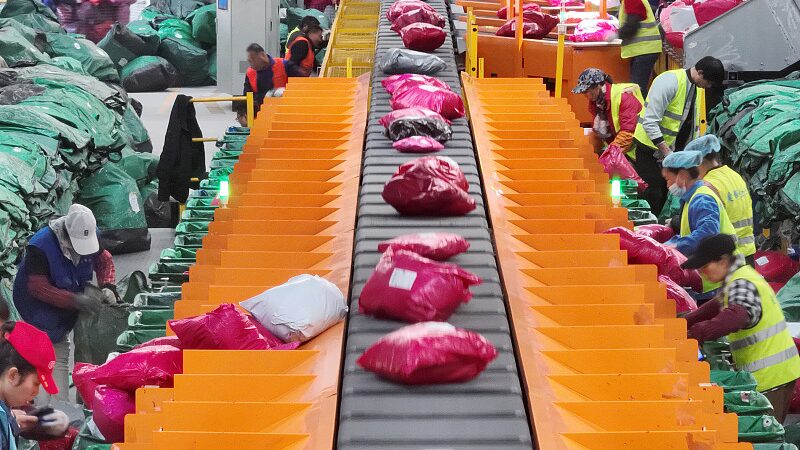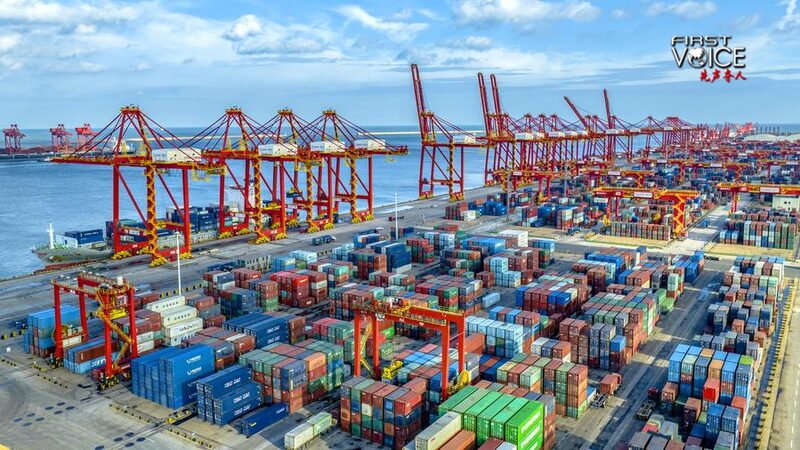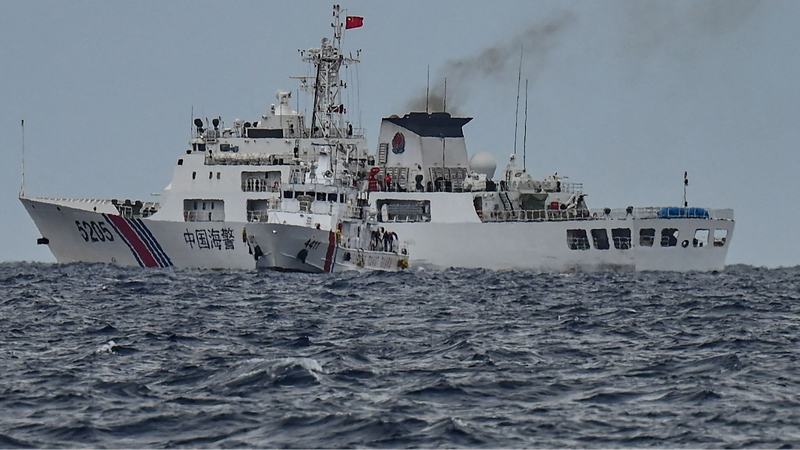As debates over the "China Shock" narrative intensify, new data and technological developments challenge claims of economic disruption while highlighting China's role as a catalyst for global innovation. Here's what the numbers – and open-source AI initiatives – reveal about Beijing's impact.
Trade Realities vs. Political Rhetoric
Contrary to popular narratives about manufacturing job losses, U.S. employment data shows net gains in regions engaging with Chinese markets. A Wall Street Journal analysis reveals stable employment figures, while research from the U.S. National Bureau of Economic Research indicates a 1.27% average regional employment increase from China trade relations.
"Cost-effective Chinese imports have lowered business expenses across sectors," the report notes, "fueling demand growth that offsets localized manufacturing declines." Economists suggest this dynamic accelerates developed nations' transition to advanced manufacturing – a shift increasingly vital as AI reshapes labor markets.
The AI Equalizer
China's approach to artificial intelligence development has become a litmus test for global tech cooperation. Companies like DeepSeek are challenging Western tech giants by offering open-source AI models that:
- Reduce development costs for global startups
- Enable technology transfer to Global South nations
- Create competitive pressure for quality improvements
This aligns with China's proposal for a World AI Cooperation Organization, aimed at implementing UN resolutions for equitable technology access. For developing economies, these initiatives could accelerate local AI ecosystems. For advanced economies, they serve as what analysts call a "catfish effect" – spurring innovation through healthy competition.
As the AI revolution reshapes global industries, China's dual role as both competitor and collaborator continues to redefine 21st-century economic paradigms. The ultimate shock, analysts suggest, may be realizing how interdependent success has become.
Reference(s):
'China shock' or 'China opportunity': What has China actually done?
cgtn.com








